Nickel Pig Iron (NPI) is a vital component in the production of stainless steel, playing a pivotal role in the metallurgical industry. With its cost-effective properties and increasing demand, NPI has emerged as a game-changer, reshaping the steel market. This article delves into the intricacies of NPI, exploring its production, uses, and impact on the global steel industry. 1. Understanding Nickel Pig Iron: Nickel Pig Iron is an alloy composed of iron and nickel, primarily used in stainless steel production. It is obtained through the smelting of lateritic ores, usually found in countries such as Indonesia, the Philippines, and New Caledonia. Technological advancements have facilitated efficient production methods, making NPI a more accessible and cost-effective alternative compared to pure nickel. 2. Cost Efficiency and Wide Applications: One of the key driving factors behind the increasing popularity of Nickel Pig Iron is its cost advantage.
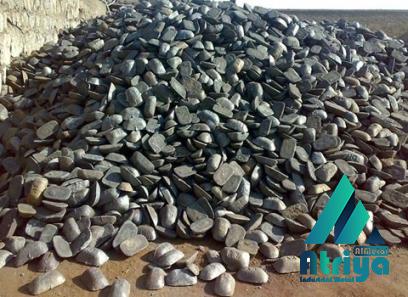
.
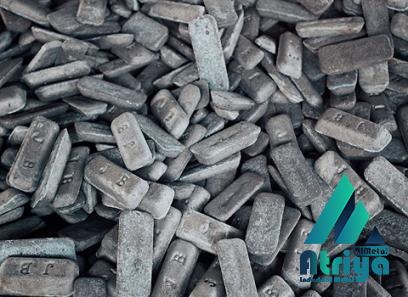 Traditional methods of producing stainless steel using pure nickel involve high production costs due to its scarcity. In contrast, NPI presents an economically viable solution, contributing to the competitive pricing of stainless steel products. Moreover, NPI usage is not limited to stainless steel alone. It finds applications in various industries such as automotive, aerospace, construction, and household appliances. This versatility amplifies its demand and makes it an indispensable resource for manufacturers globally. 3. NPI’s Role in the Steel Industry: Since its introduction, Nickel Pig Iron has experienced a steady rise in demand, significantly impacting the steel industry. The steel industry accounts for approximately 70% of NPI’s global consumption, mainly driven by stainless steel production.
Traditional methods of producing stainless steel using pure nickel involve high production costs due to its scarcity. In contrast, NPI presents an economically viable solution, contributing to the competitive pricing of stainless steel products. Moreover, NPI usage is not limited to stainless steel alone. It finds applications in various industries such as automotive, aerospace, construction, and household appliances. This versatility amplifies its demand and makes it an indispensable resource for manufacturers globally. 3. NPI’s Role in the Steel Industry: Since its introduction, Nickel Pig Iron has experienced a steady rise in demand, significantly impacting the steel industry. The steel industry accounts for approximately 70% of NPI’s global consumption, mainly driven by stainless steel production.
..
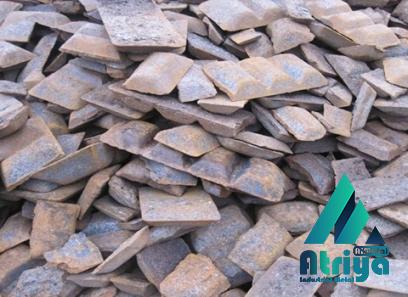 As stainless steel continues to witness increasing demand due to its corrosion resistance and durability, NPI’s significance continues to grow. China, being the largest player in the global stainless steel market, has been vital in shaping the production and consumption dynamics of NPI. The country relies heavily on NPI imports from Southeast Asian countries, acting as a crucial market for NPI producers. This interdependence has established a symbiotic relationship, ensuring the sustained growth of NPI and the steel industry as a whole. 4. Environmental Concerns and Sustainable Practices: While NPI offers economic benefits, concerns regarding its ecological impact have arisen. Traditional NPI production methods have been criticized for their emission of greenhouse gases and pollution, leading to stricter environmental regulations. In response, industry players are investing in sustainable practices and adopting cleaner technologies to tackle these concerns.
As stainless steel continues to witness increasing demand due to its corrosion resistance and durability, NPI’s significance continues to grow. China, being the largest player in the global stainless steel market, has been vital in shaping the production and consumption dynamics of NPI. The country relies heavily on NPI imports from Southeast Asian countries, acting as a crucial market for NPI producers. This interdependence has established a symbiotic relationship, ensuring the sustained growth of NPI and the steel industry as a whole. 4. Environmental Concerns and Sustainable Practices: While NPI offers economic benefits, concerns regarding its ecological impact have arisen. Traditional NPI production methods have been criticized for their emission of greenhouse gases and pollution, leading to stricter environmental regulations. In response, industry players are investing in sustainable practices and adopting cleaner technologies to tackle these concerns.
…
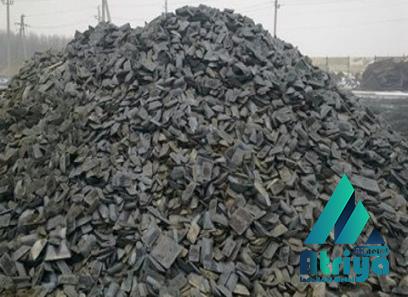 Developments in hydrometallurgical processes and nickel ore refining have shown promising results in reducing environmental impacts. These advancements ensure that NPI production becomes more sustainable and environmentally friendly, aligning with global efforts towards a greener future. Conclusion: Nickel Pig Iron has revolutionized the steel industry, providing a cost-effective alternative to pure nickel while maintaining similar qualities in stainless steel production. Its increasing demand and wide applications in various sectors highlight its importance in the global economy. As the industry focuses on sustainable practices, NPI producers are investing in cleaner technologies to reduce environmental impacts. With these developments, Nickel Pig Iron is poised to retain its pivotal role, constantly reshaping the steel industry and fostering growth for years to come.
Developments in hydrometallurgical processes and nickel ore refining have shown promising results in reducing environmental impacts. These advancements ensure that NPI production becomes more sustainable and environmentally friendly, aligning with global efforts towards a greener future. Conclusion: Nickel Pig Iron has revolutionized the steel industry, providing a cost-effective alternative to pure nickel while maintaining similar qualities in stainless steel production. Its increasing demand and wide applications in various sectors highlight its importance in the global economy. As the industry focuses on sustainable practices, NPI producers are investing in cleaner technologies to reduce environmental impacts. With these developments, Nickel Pig Iron is poised to retain its pivotal role, constantly reshaping the steel industry and fostering growth for years to come.

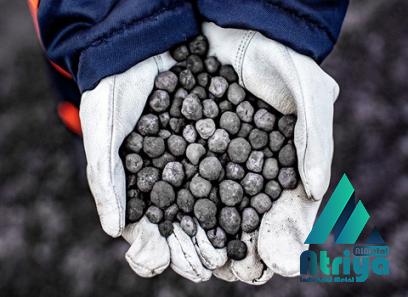
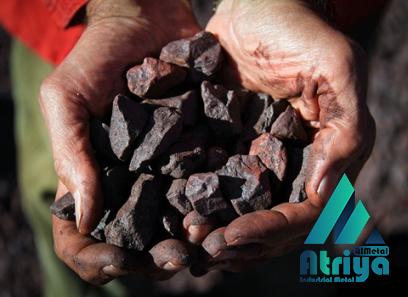
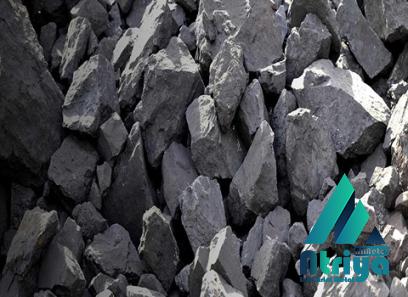
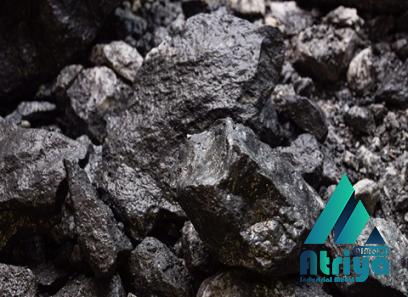
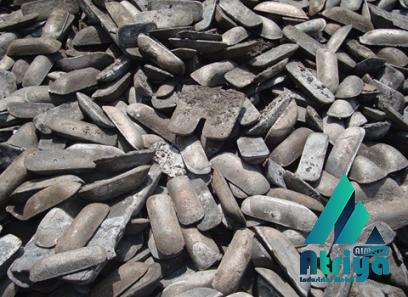
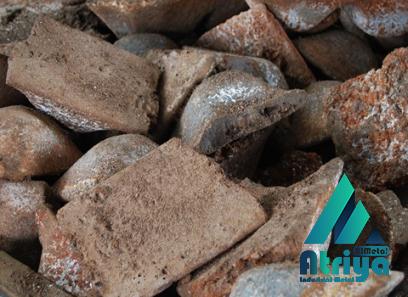
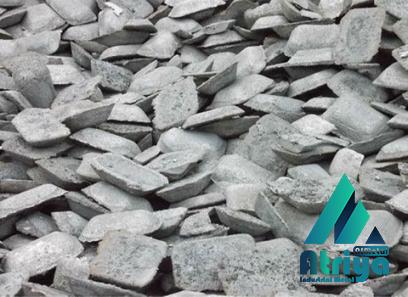
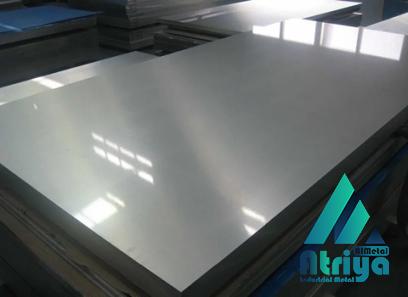

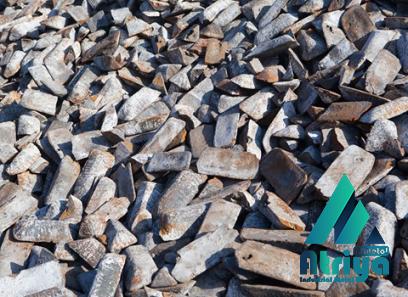
Your comment submitted.